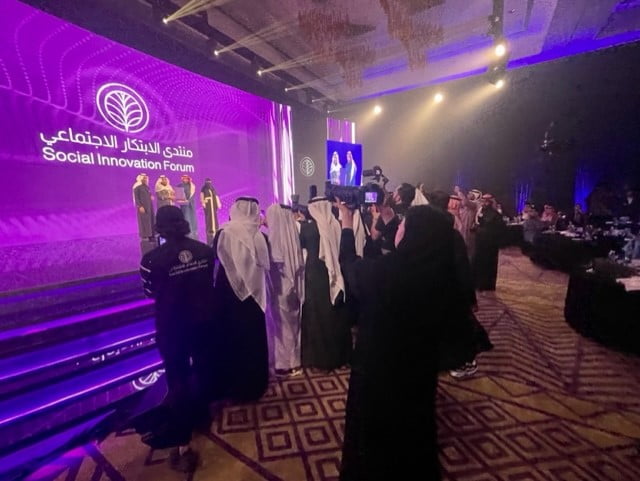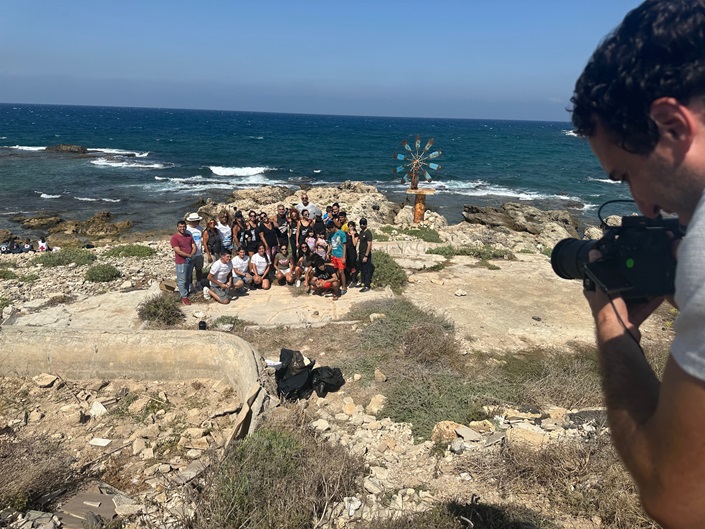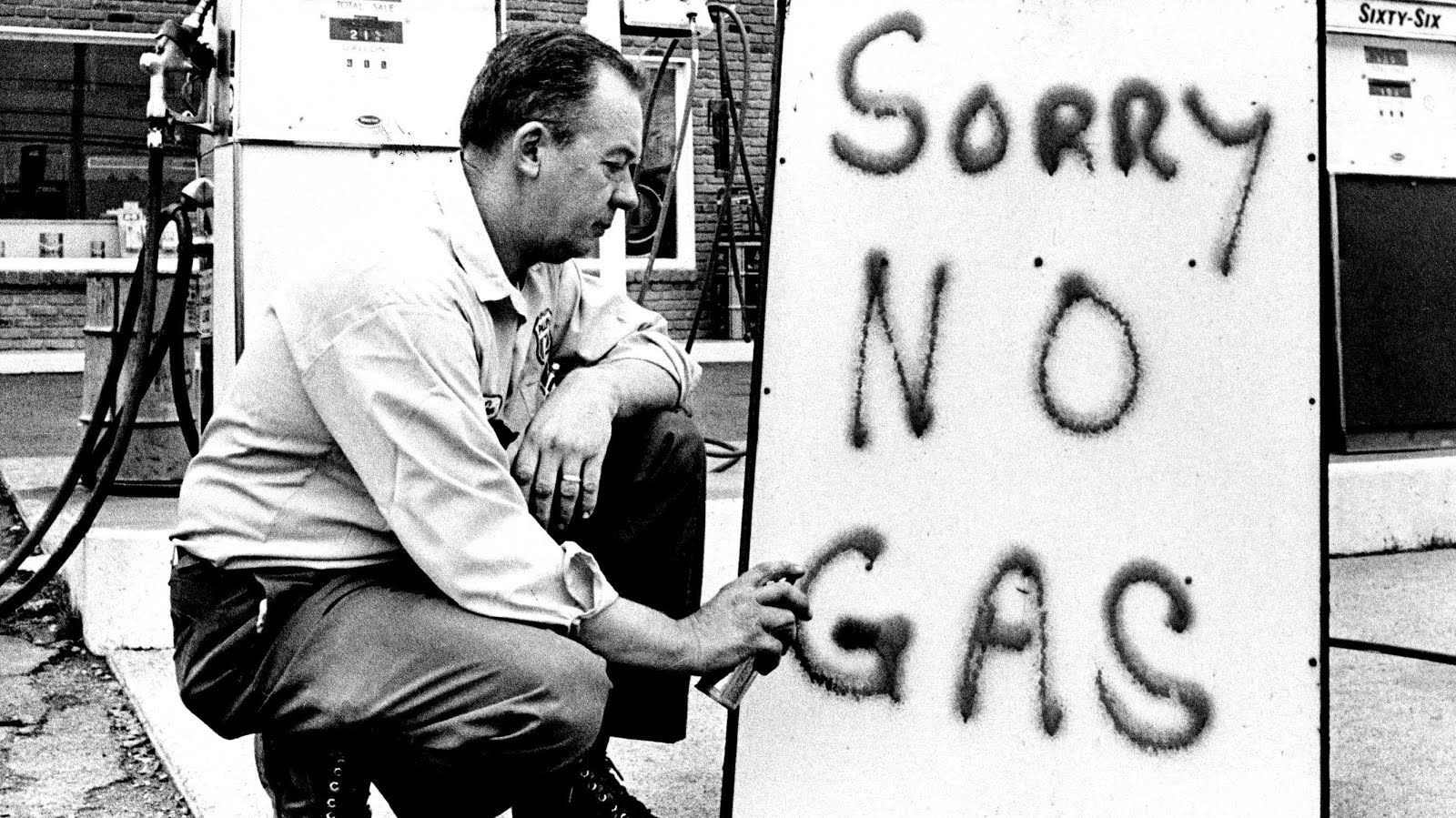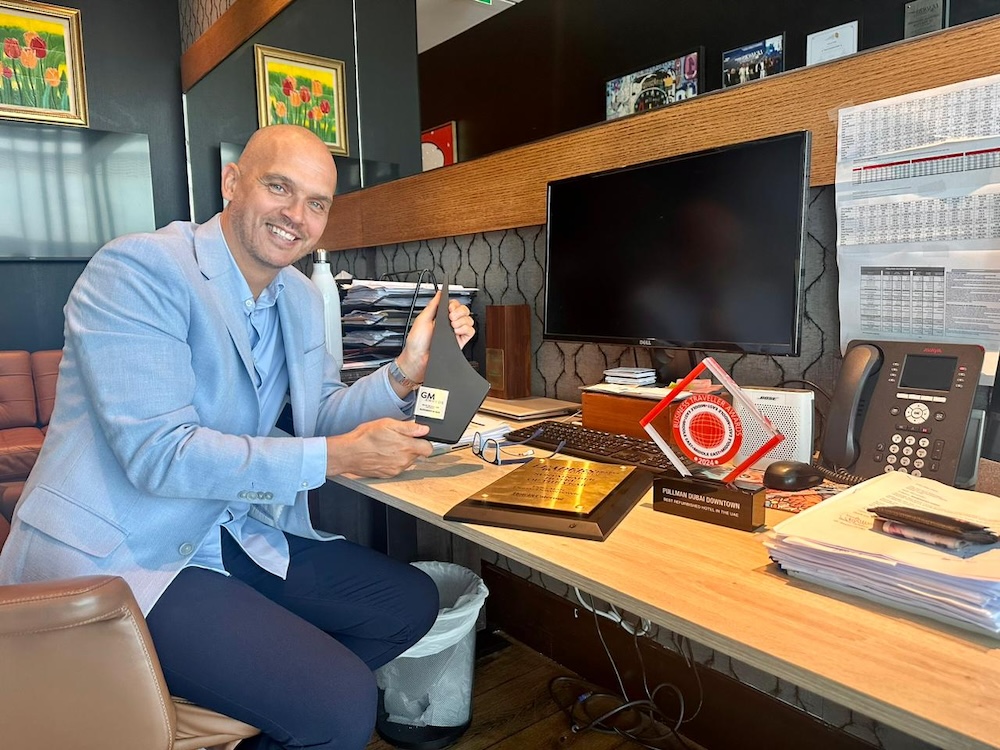
Under Crown Prince Mohammed Bin Salman, Saudi Arabia is full of positive surprises. Since He came to power in January 2015, the Kingdom has undergone a social and cultural metamorphosis. It is only a matter of time before the Kingdom will play a pivotal regional role in social innovation. That became evident when the second edition of the Social Innovation Forum: The Generation of Inspiration was wrapped up this week in Riyadh.
By Arthur Blok
It has to be said that what is happening now in the country would have been unthinkable ten years ago. Far-going social and cultural reforms, the strengthening of the position of women, welcoming tourists without restriction and a myriad of international trendsetting cultural events.
Who would have thought it would happen when Mohammed Bin Salman announced his reform agenda Vision 2030? Western mainstream media were sceptical and found numerous ways to attack the country.
Sendian, one of the subsidiaries of the Asbar Center and the driving force behind the second edition of the Forum, can look back on a successful event. Over 1000 visitors came to the luxurious JW Marriot in Riyadh to listen to panel discussions, presentations and lectures from local, Arab, and international speakers.
When Saudis organise something, they manage it well.
The list of international speakers was impressive. Former prominent Saudi ministers such as Turki Al-Shabanah (Minister of Information), Dr Abdulaziz Alkhedeiri (Minister of Culture), Shura Council members, and the most known national and international scholars.
Besides Saudi Arabia, Jordan, Kuwait, the UAE, and Lebanon, experts and specialists in social innovation and entrepreneurship were flown in from Vietnam, South Africa, Denmark, Sweden, the UK, the US, the Netherlands and Italy.
Spectators carefully listened to Dr Jack Sim from Singapore, founder of the World Toilet Organization, who broke the global taboo on sanitation and is partly responsible for creating hundreds of thousands of toilets in countries like India, China, and Brazil.
Another participating social entrepreneur that changed things for the better was Jimmy Pham, from Vietnam, founder of the NGO ‘know one, teach one’. His social NGO, the first in Vietnam, helps underprivileged children between 16 and 22 with vocational training in the hospitality sector.
To date, Pham helped over 1500 children graduate and find a job and helped break the taboo in his country of working in this sector. “Working behind the bar or as a chef was considered a taboo in my country.”
Pham continued: “Girls behind the bar were associated with prostitution, and studying to become a chef was considered ridiculous. Everybody can cook, why study for it? We broke the cultural barrier, and this sector is thriving in my country. Our alumni are very active in helping us, completely in the spirit of our NGO: you have certain knowledge? Help someone who does not have that knowledge.”
Social and Cultural Innovation in Saudi Arabia
Sami Al-Hussein, Secretary General of Forum-organiser Sendian, explained that social and cultural innovation is one of the main pillars of the Saudi Vision 2030 that Crown Prince Mohammed Bin Salman launched.
Before the launch, jobs were mainly created by government-based investment and from large corporations like oil giant Aramco. “Since the Vision was implemented, there has been much attention to social entrepreneurship. It is a viable sector. Social entrepreneurship and start-ups create many jobs, and more importantly, jobs that are more sustainable than those created by government-based investments”, he said.
Al-Hussein elaborated that humanity is at the start of the so-called fifth revolution. “A revolution that will serve humanity and improve life on a social level. We aim to be part of that and secure a place for Saudi Arabia in the top three countries that lead the way in creating innovations and technologies.”
In his perspective, investing in social entrepreneurship is ‘the last piece of the puzzle’ for Saudi Arabia to grow into a more sustainable economy. Being part of the ongoing reform process in his country makes him very proud: “The individual freedom that comes with the reforms enables individuals to be more successful.”
Forum speaker Dr Aljazi Al-Shubaiki - board member of Asbar and Sanad Charity, a non-profit charitable association that supports Saudi children with cancer and their families in all thinkable ways - could not agree more.
“Looking at the reforms stipulated in Vision 2030, things are going much faster than initially expected. If you look around here at the conference, that says it all”, the former member of the Saudi Shura Council emphasised.
Dr Al-Shubaiki raises a fair point.
The Forum crowd is a distinguished mix of men and women, some of the latter wearing a traditional Saudi abaya, some not. Some were fully covered, while others chose not to. In the new Saudi Arabia, this is no longer a topic of debate, like in Iran, where women are beaten to death if they choose not to abide by the rules of the religious establishment.
“It became a matter of choice, and that is not all. Many laws were implemented where this freedom to choose is secured. Nowadays, nobody can tell a woman what to do or to dress up in a certain way. That is maybe the most important social and cultural reform so far”, she said.
She also has some nuts to crack with the Western mainstream media, who always find something negative about her country. Mainly caused by misconceptions and false assumptions.
Dr Al-Shubaiki: “People judge things because they are unaware of what is happening. You cannot blame them as well. As a nation, we have been closed for so long. We do not have the journalistic tradition in the past to alter that image. That is now changing dramatically.”
Dr Al-Hussein added: “Everybody is welcome here now to come and see for themselves what our country is like. We have nothing to hide.”
The reform agenda does not mean Saudi Arabia will become a second Dubai, said Dr Al-Shubaiki. “Do not get me wrong, I love Dubai, but what happened to their culture? It has become like the West. It works for them; I do not think we will ever transform like that. We do not want to lose our identity by opening up. That is not what and who we are.”
The annual conference also entails a Prize called the Sendian Award. In addition, Sendian launched the Social Innovation and Education forum last year with six Saudi universities and one Omani, aiming to expand further in the GCC soon. This social innovation hub is meant as an innovation accelerator to stimulate research. It includes a knowledge centre where ideas are exchanged.






